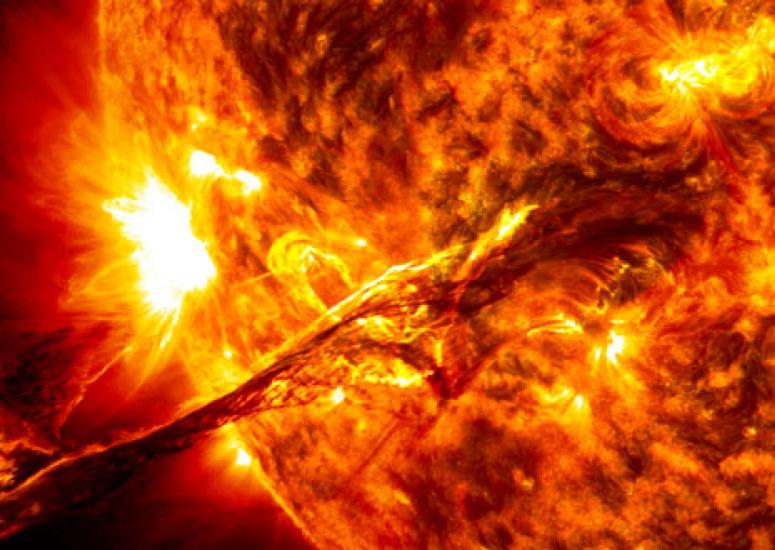-

Curbing carbon: Not enough plant food to go around?
A new study estimates how much carbon dioxide is likely to be absorbed by plants by the end of the century.
- Climate
-

Sun experiences seasonal changes, new research finds
The Sun's activity waxes and wanes nearly every two years. The discovery provides clues that could help improve forecasting of solar storms, which can affect technological systems that society depends on.
- Sun + Space Weather
-

How will climate change affect tropical forests?
NCAR is taking part in a major international project to study how climate change will affect tropical rainforests around the world.
- Climate
-

A heads up on air quality
NCAR and its research partners have received a $1.3 million NASA grant to develop the capability for detailed 48-hour forecasts of ground-level ozone and fine particulate matter.
- Air Quality
